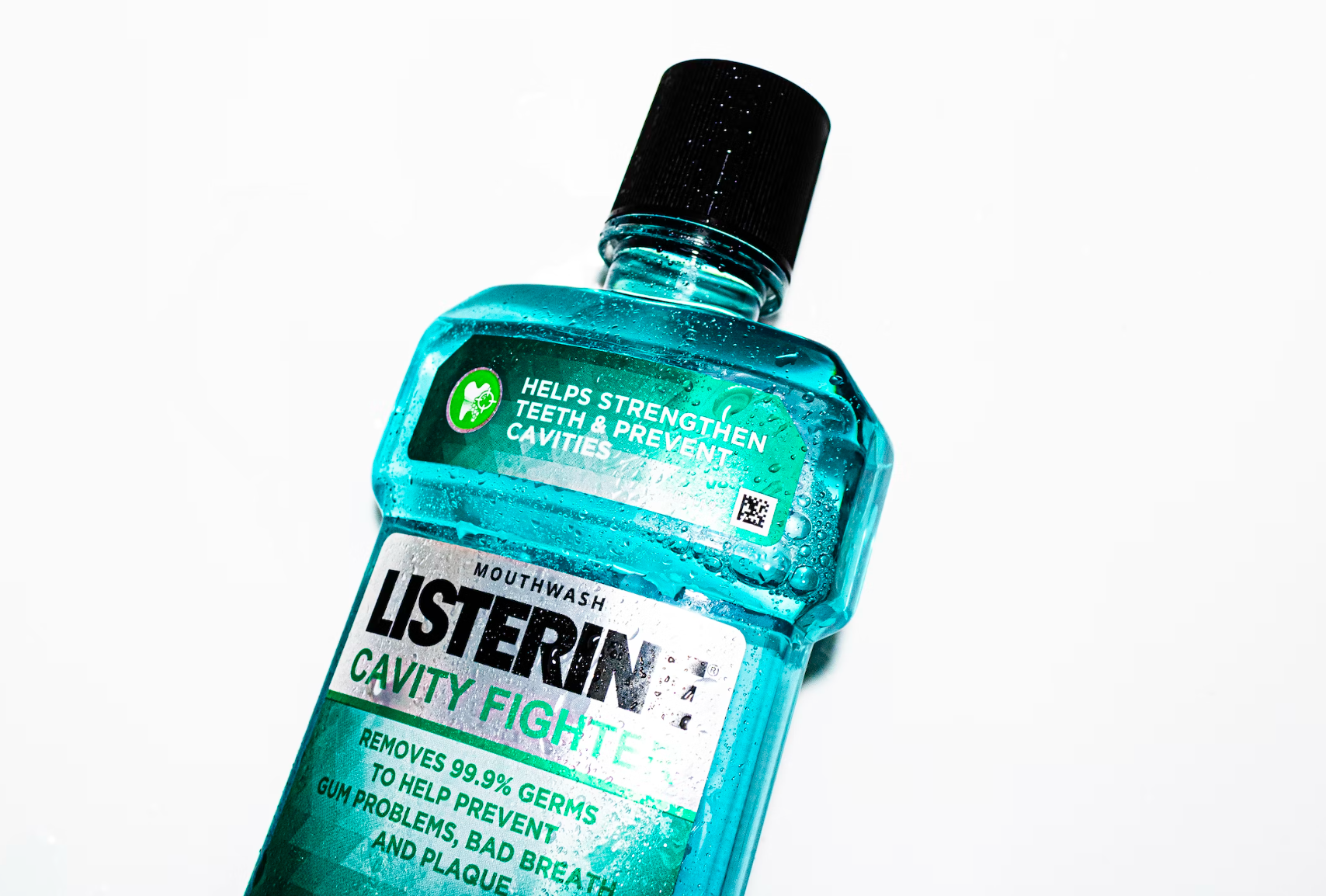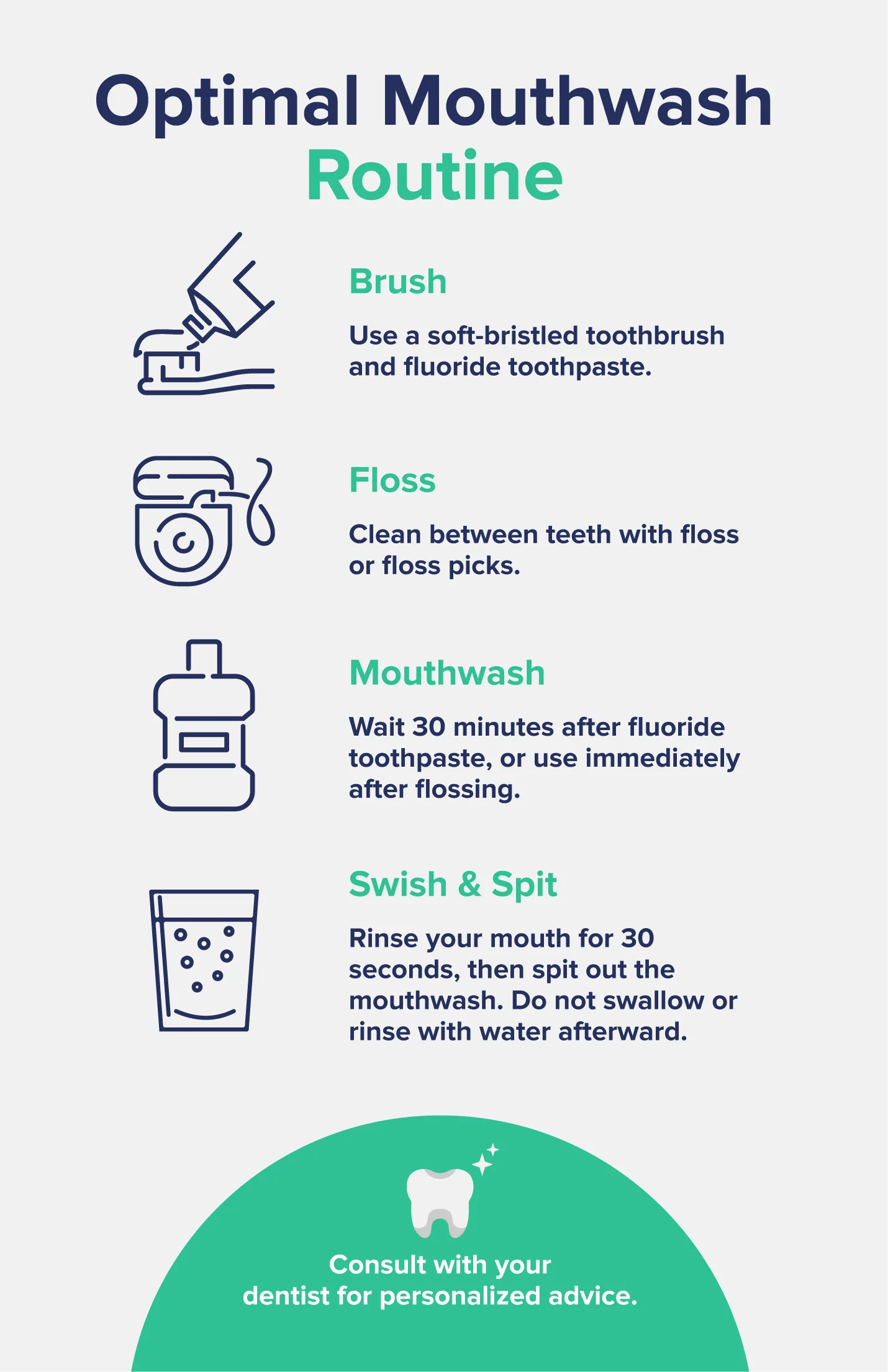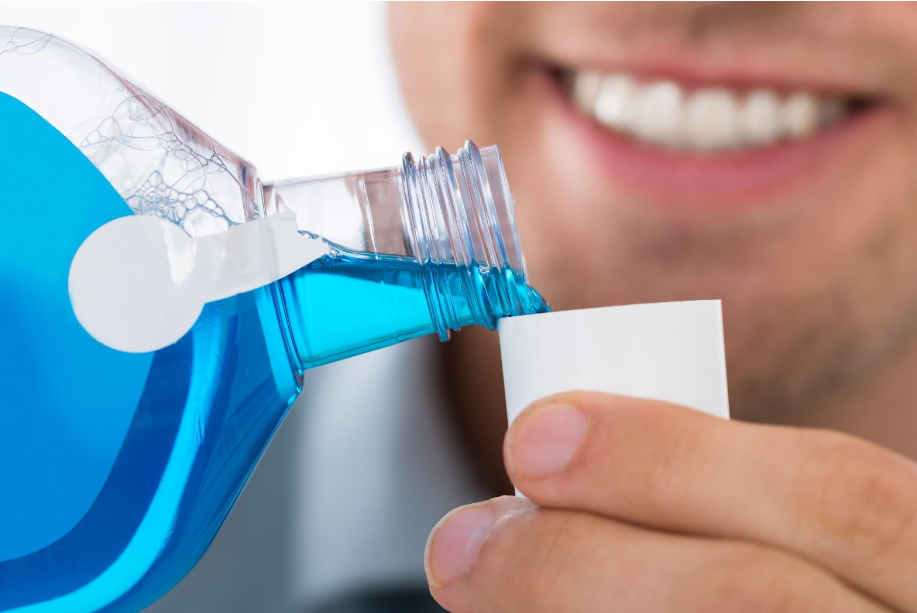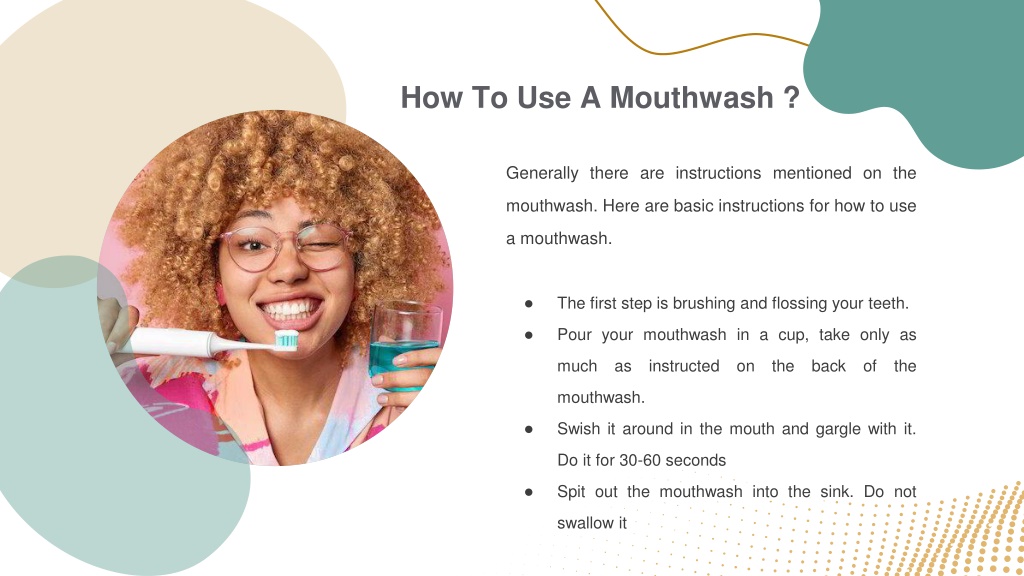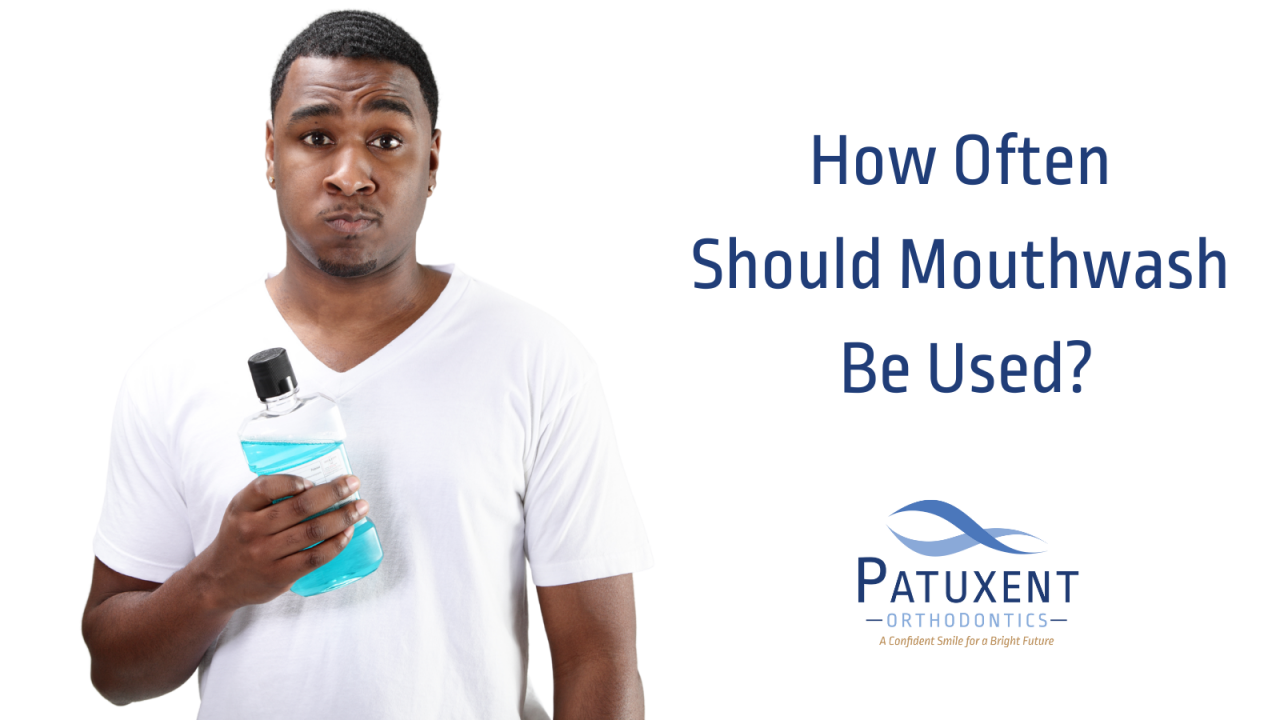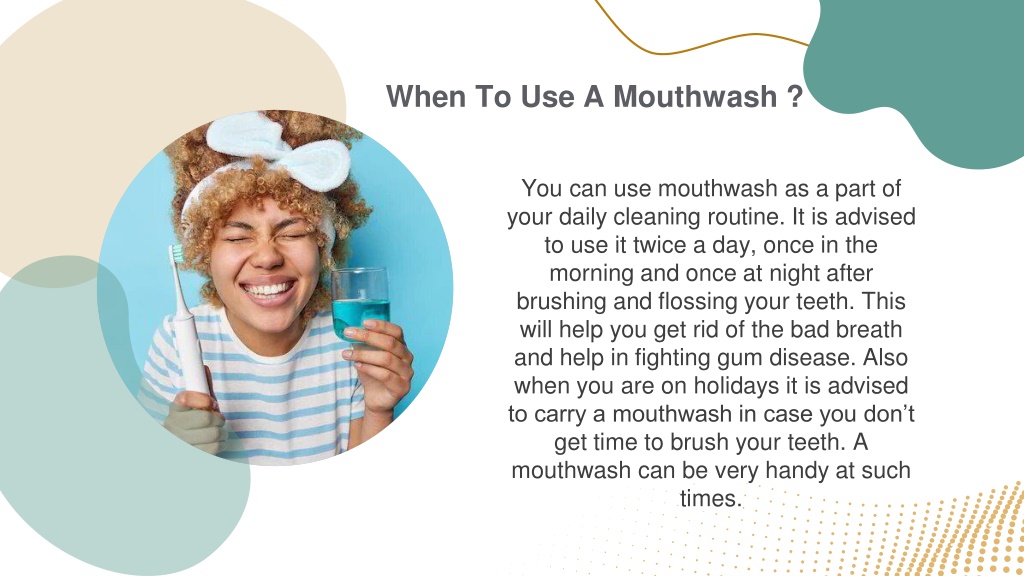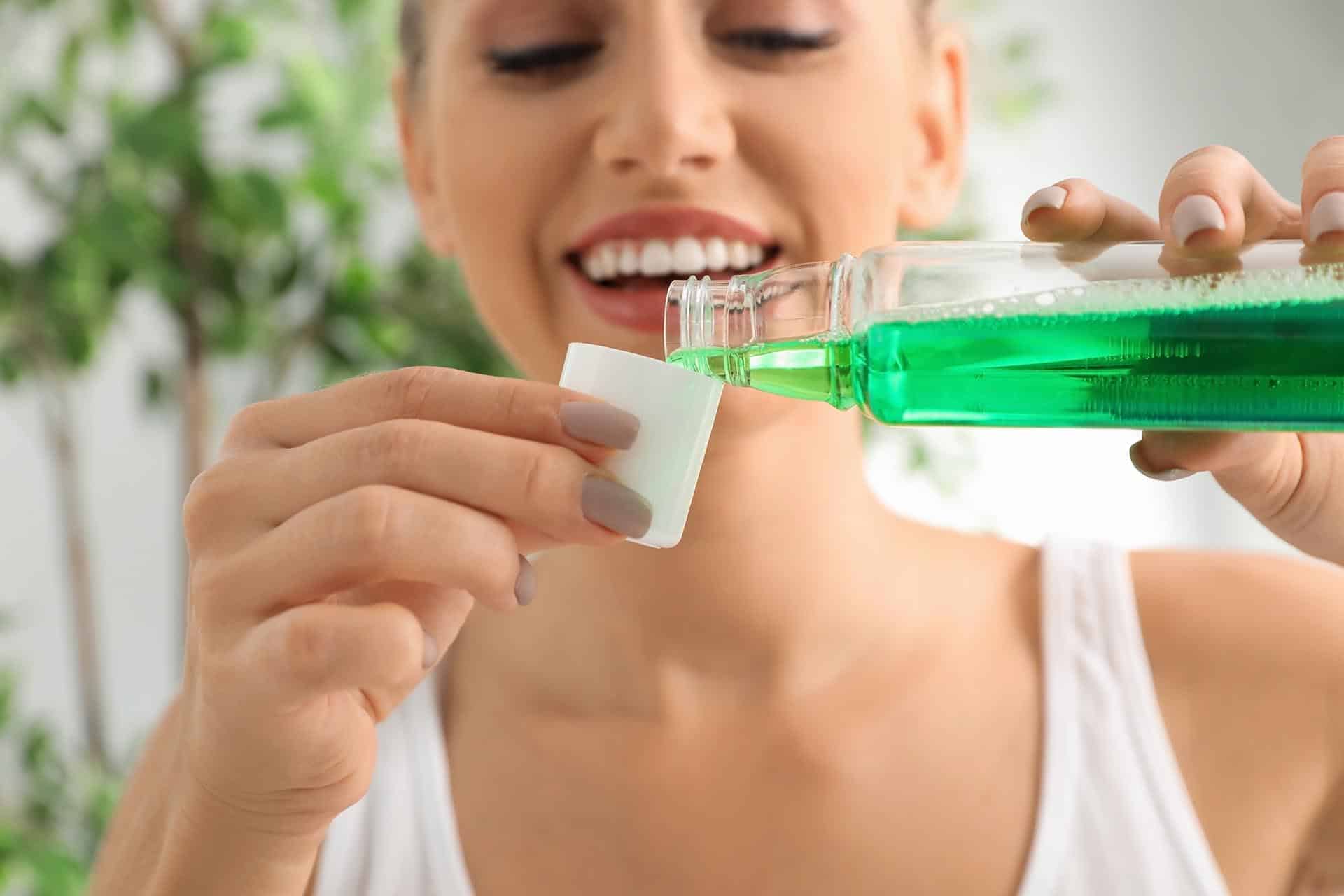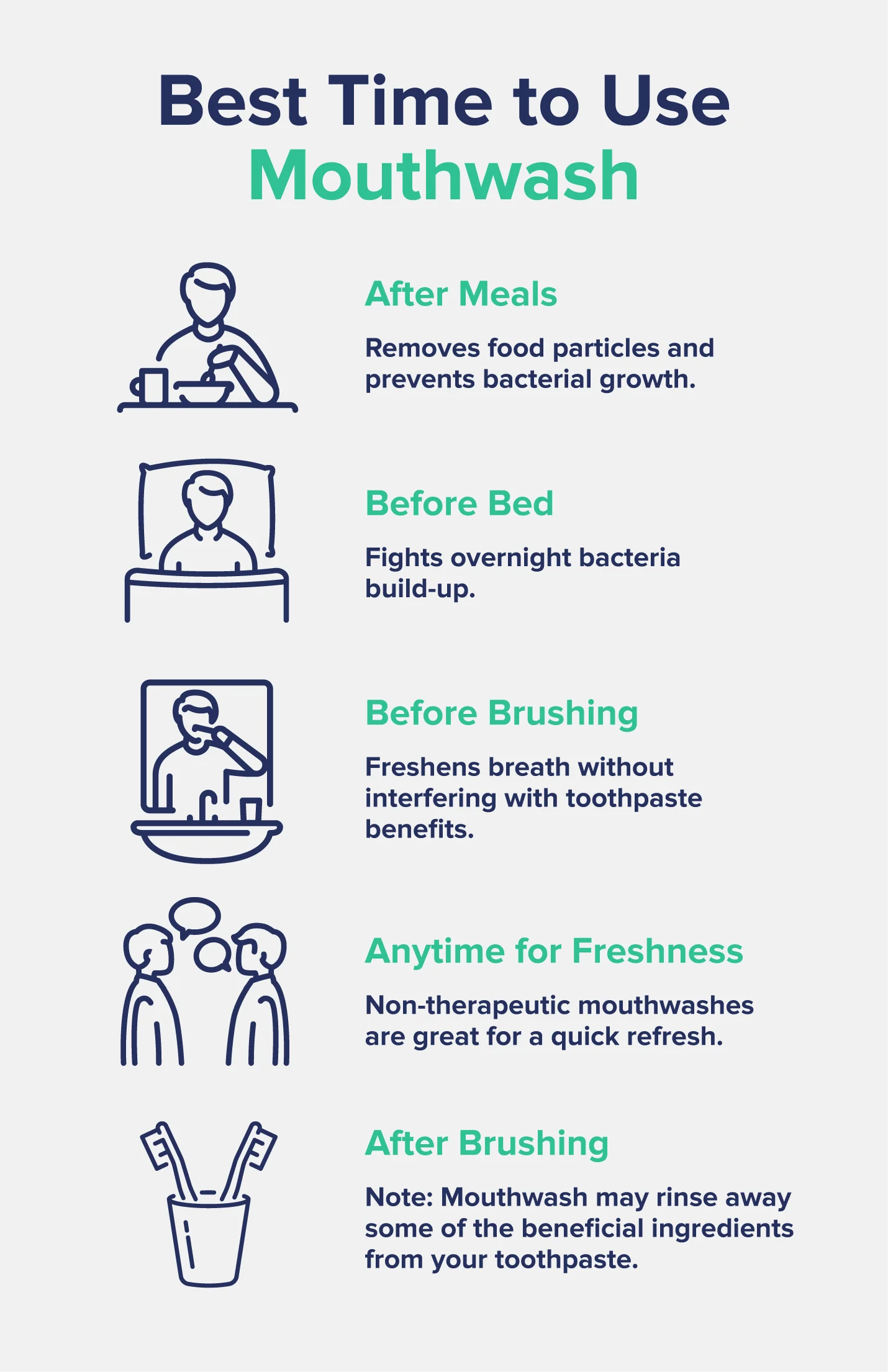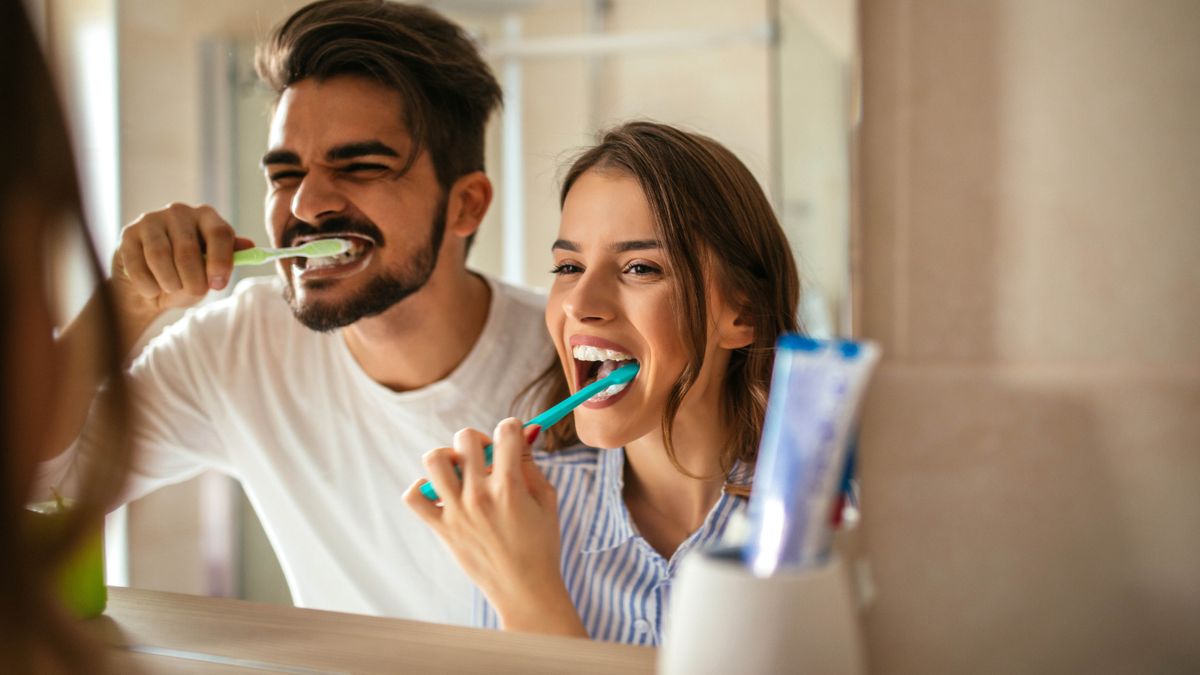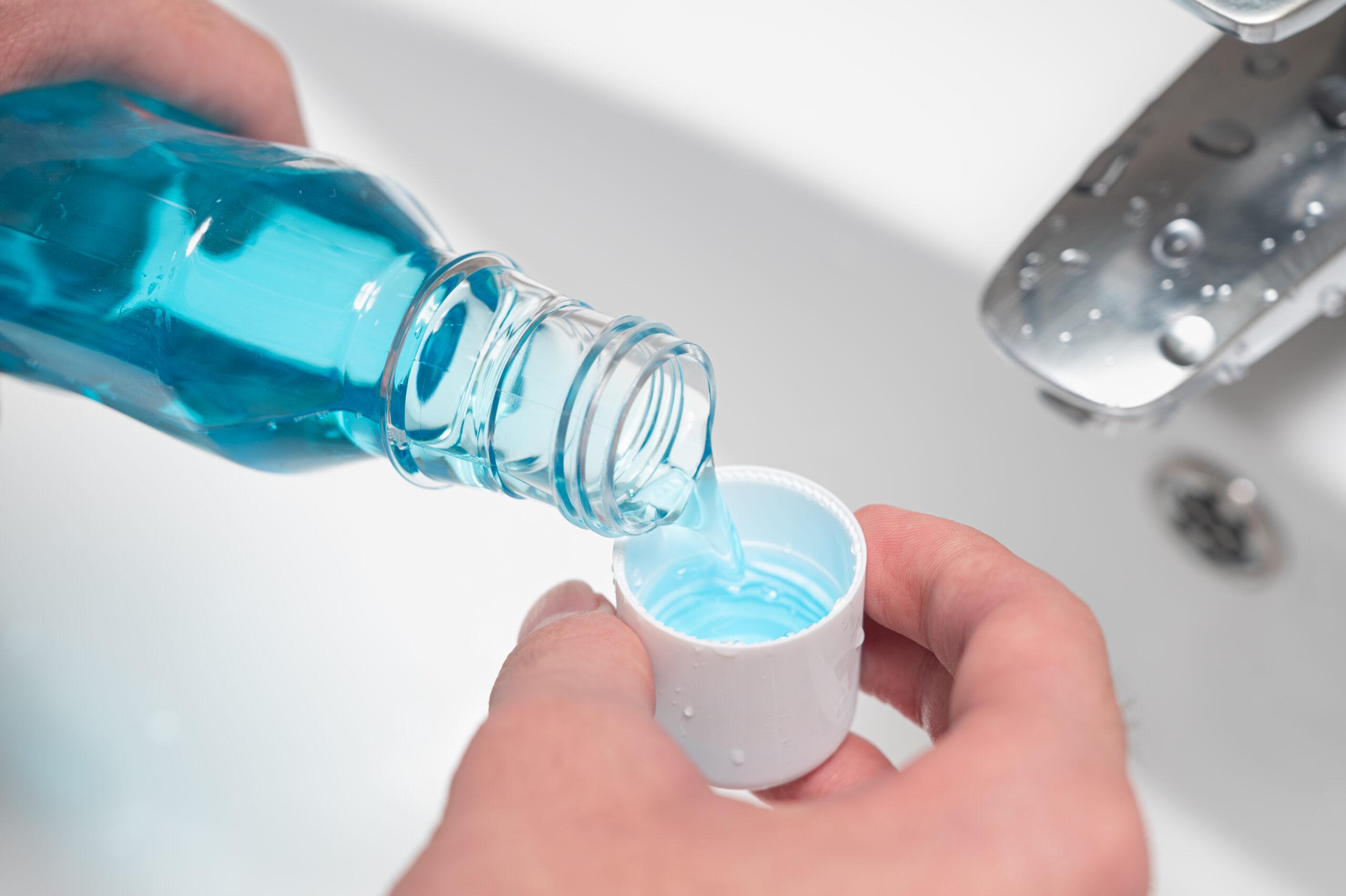Should I Use Mouthwash In The Morning Or Night
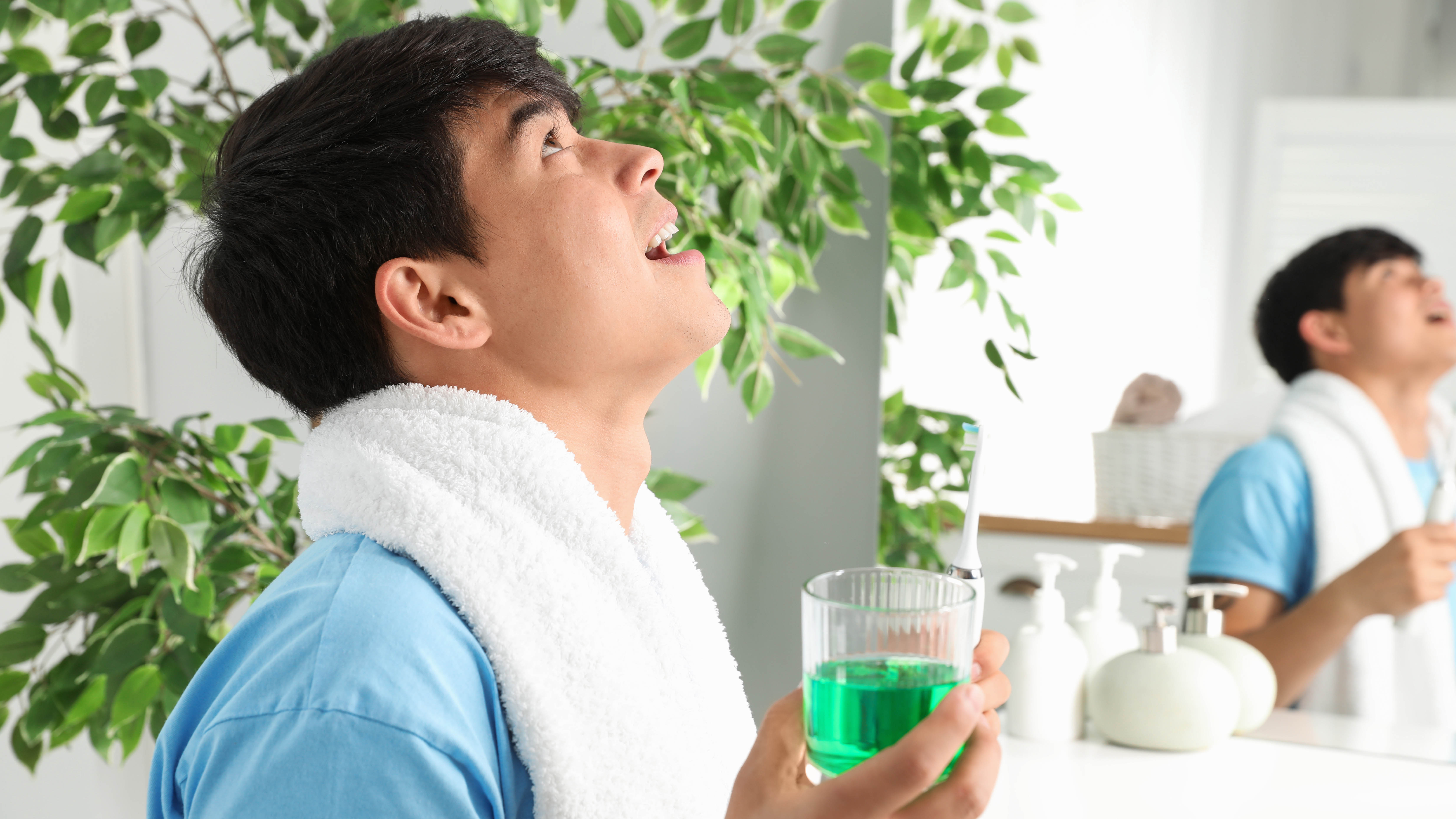
The question of whether to swish with mouthwash in the morning or at night is a common one, often sparking debate amongst dental hygiene enthusiasts. While seemingly trivial, the timing of your mouthwash routine can impact its effectiveness and contribute to overall oral health.
The ideal time to use mouthwash depends on individual needs and oral hygiene goals. Understanding the benefits and drawbacks of each timing option is crucial for optimizing your dental care routine. This article explores the nuances of morning versus nighttime mouthwash use, drawing on expert opinions and scientific research to provide clarity on this often-overlooked aspect of oral hygiene.
Morning Mouthwash: A Fresh Start?
Using mouthwash in the morning can offer a quick and easy way to freshen breath and kill bacteria that have accumulated overnight. Many people find it helpful to use mouthwash before leaving the house to boost confidence with a clean and minty feeling. It is important to note that mouthwash should not be used as a substitute for brushing and flossing.
However, some dental professionals caution against using mouthwash immediately after brushing with fluoride toothpaste. Rinsing with mouthwash directly after brushing can wash away the concentrated fluoride, reducing its effectiveness in strengthening tooth enamel. Waiting at least 30 minutes after brushing before using mouthwash allows the fluoride to fully absorb into the teeth.
"The primary benefit of morning mouthwash is breath freshening," says Dr. Anya Sharma, a leading periodontist. "While it can kill some bacteria, its effect is temporary. Proper brushing and flossing are still essential for removing plaque and food particles."
Potential Benefits of Morning Use:
Freshens breath, providing a confidence boost. Offers a quick antibacterial cleanse before starting the day. Can be particularly helpful for individuals who experience morning breath.
Potential Drawbacks of Morning Use:
May interfere with fluoride absorption if used immediately after brushing. Provides only a temporary solution for bad breath if underlying oral hygiene is poor. Can mask underlying dental problems, delaying necessary treatment.
Nighttime Mouthwash: An Overnight Defense?
Using mouthwash at night, especially after brushing and flossing, can provide an extra layer of protection against plaque buildup and bacteria growth while you sleep. Saliva production decreases during sleep, which can make the mouth more susceptible to bacterial proliferation. A fluoride mouthwash used at night can also help remineralize tooth enamel overnight.
Nighttime use is often considered more effective for delivering the therapeutic benefits of mouthwash. After brushing and flossing, the mouth is cleaner, allowing the mouthwash to reach more surfaces and effectively target bacteria. This is particularly beneficial for individuals with gingivitis or other gum problems.
"Nighttime is generally the preferred time to use mouthwash because you're giving it a longer period to work without being diluted by eating or drinking," explains Dr. Ben Carter, a renowned dentist specializing in preventative care. "The overnight period is crucial for allowing the antibacterial and fluoride components to exert their maximum effect."
Potential Benefits of Nighttime Use:
Provides prolonged protection against bacteria buildup during sleep. Enhances the benefits of brushing and flossing by targeting hard-to-reach areas. Helps remineralize tooth enamel with fluoride-containing mouthwash.
Potential Drawbacks of Nighttime Use:
May not be as effective if used without prior brushing and flossing. Some mouthwashes can dry out the mouth, which can be uncomfortable for some individuals. Can be easily forgotten amidst the evening routine.
The Importance of Mouthwash Ingredients
Regardless of when you choose to use mouthwash, the ingredients matter. Fluoride mouthwashes help strengthen tooth enamel and prevent cavities. Antiseptic mouthwashes, containing ingredients like chlorhexidine or essential oils, kill bacteria and reduce plaque.
Alcohol-based mouthwashes can be drying and irritating for some individuals. Consider alcohol-free options, especially if you have dry mouth or sensitive gums. Consulting with your dentist or dental hygienist can help you choose the right mouthwash for your specific needs and oral health goals.
A Personalized Approach
Ultimately, the best time to use mouthwash depends on individual preferences and needs. For some, a quick morning rinse is all that's needed to freshen breath. For others, a nighttime rinse is essential for maintaining optimal oral health.
Consider your individual oral hygiene routine, dietary habits, and any specific dental concerns. If you're unsure, consult with your dentist or dental hygienist for personalized recommendations. They can assess your oral health and provide guidance on the best time to use mouthwash and the type of mouthwash that is most appropriate for you.
The key is to incorporate mouthwash as a complement to, not a replacement for, proper brushing and flossing. By understanding the potential benefits and drawbacks of morning versus nighttime use, individuals can make informed decisions that contribute to a healthier and brighter smile.

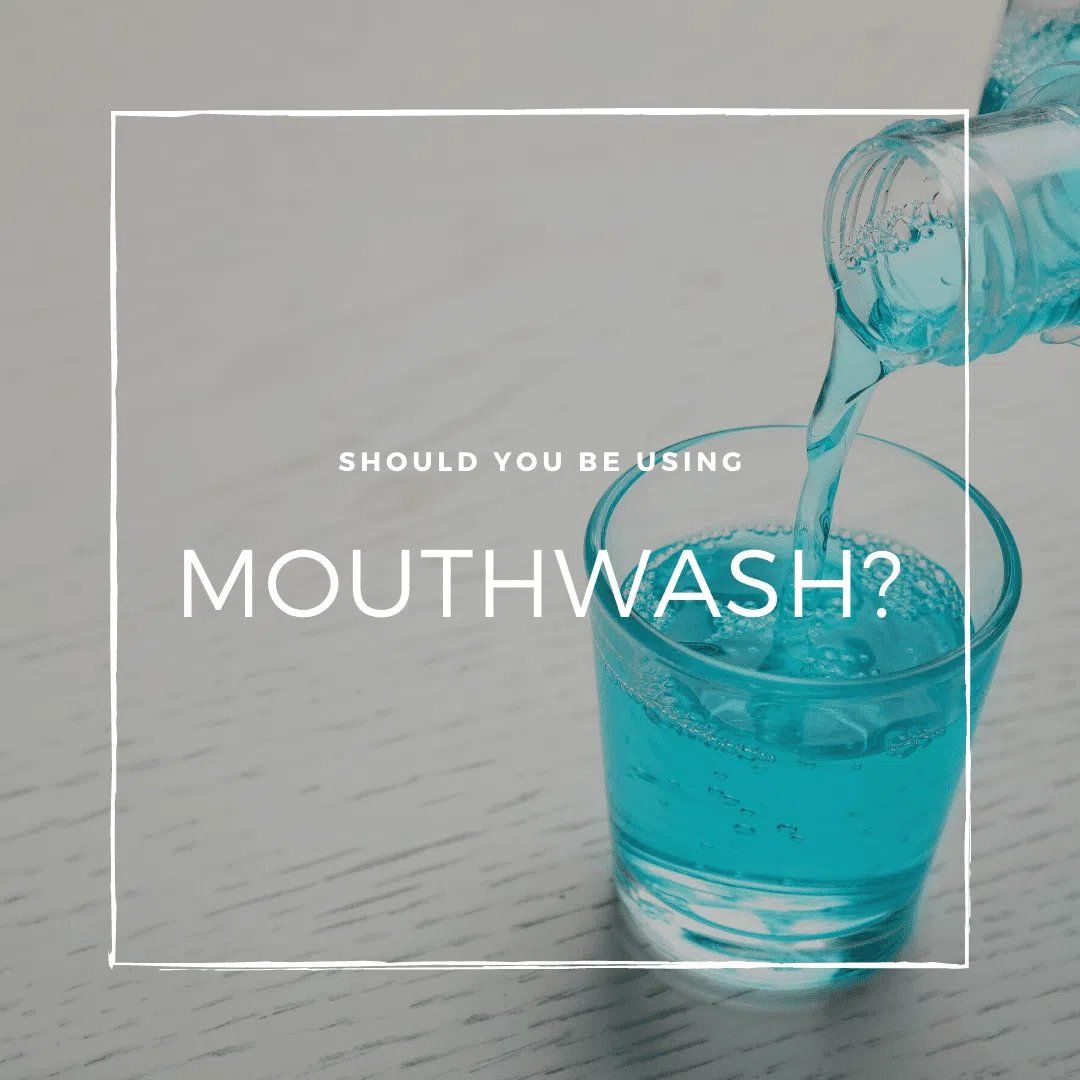
.png?format=1500w)
